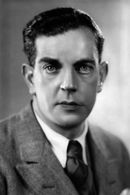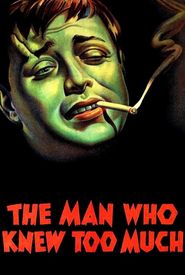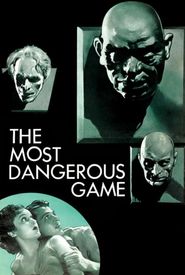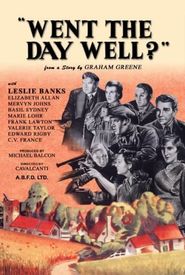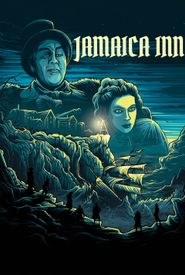Leslie Banks' film career would be largely overshadowed by his illustrious theatrical accomplishments if it weren't for four notable exceptions. One of these exceptions is the renowned director Alfred Hitchcock, who provided Banks with opportunities to shine in two of his films. In "The Man Who Knew Too Much" (1934),Banks played a sympathetic role, showcasing his remarkable talent. In contrast, his performance in "Jamaica Inn" (1938) was decidedly unsympathetic, exemplifying the vast range of his abilities.
Banks is also remembered for his work in "Henry V" (1944),Laurence Olivier's masterful adaptation of Shakespeare's tragedy. In this film, Banks played a significant role, introducing and commenting on the play to the audience at the Globe Theatre. His iconic performance, complete with his distinctive rolling of the 'r's, is a testament to his remarkable talent.
However, it is his early screen appearance in 1932 that has left a lasting impact on audiences. In "The Most Dangerous Game," Banks played the ruthless and sinister Count Zaroff, a character known for his brutal and sadistic tendencies. This role has become an integral part of his legacy, and it is hard to imagine anyone else playing the part.
Banks' other film credits include a mix of B-movies and World War II propaganda films, which, unfortunately, did not leave a comparable impression on audiences. It is possible that Banks' focus on the theatre, where he was a well-known and respected actor, may have contributed to his lack of demand in the film industry.
On the stage, Banks had the opportunity to play a wide range of iconic roles, including Captain Hook in "Peter Pan," Petruchio in "The Taming of the Shrew," Mr. Chipping in "Goodbye Mr. Chips," James Jarvis in the Kurt Weill musical "Lost in the Stars," and many more.
Born in 1890 in West Derby, near Liverpool, Leslie Banks studied at Keble College, Oxford. Initially, he had aspirations to become a parson, but he ultimately pursued a career in acting, making his stage debut in 1911. His reputation rapidly grew, and he continued to work consistently until his untimely death in 1952.
Banks' early life was marked by a significant interruption due to World War I, during which he served with the Essex Regiment and was wounded in the face, leaving one side permanently paralyzed. Despite this setback, he quickly resumed his acting career, performing at the Birmingham Repertory Theatre, in London, New York, and Hollywood.
Unfortunately, Leslie Banks' remarkable career was cut short when he passed away in 1952 at the age of 61, due to a sudden stroke. His untimely death has left a lasting impact on the world of theatre and film, and his iconic performance as Count Zaroff will continue to be remembered and celebrated for generations to come.
